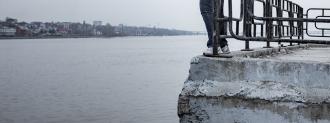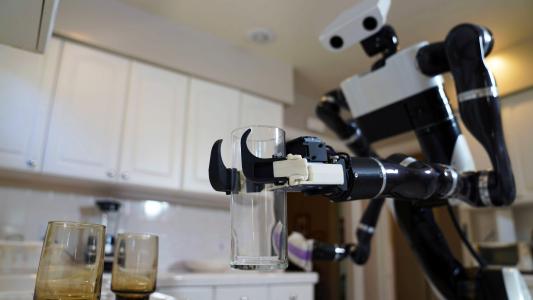Seoul is deploying an AI-powered CCTV system designed to predict suicide attempts at its many bridges — and send rescuers to help people in distress.
Suicide bridges: South Korea has one of the highest suicide rates in the world, with about 27 suicides per 100,000 people in 2019 — by comparison, the U.S. rate that year was about 14.
The 27 bridges crossing South Korea’s Han River have a bad reputation for drawing such attempts — but that may be about to change.
The AI program will detect and predict suicide attempts by analyzing CCTV footage.
Sending help: In an attempt to prevent suicides, Seoul, the nation’s capital, has established four centers along the Han River where workers monitor live video feeds from nearly 600 CCTV cameras fixed on 10 bridges.
If one of the workers sees someone attempt suicide or suspects that a person is about to jump, they can have rescuers at the bridge within just four minutes.
The challenge: This system has allowed Seoul to save 96% of the nearly 500 people who set out to commit suicide at the bridges every year, but it can be difficult for workers to predict suicide attempts.
If a monitor sends a rescue team out when one isn’t needed, that’s a waste of resources. If they dismiss an actual suicide attempt as someone admiring the view, that could lead to the loss of a life.
The idea: The city believes AI can hone the accuracy of its suicide prevention system.
Since April 2020, the Seoul Institute of Technology has been training an AI program to detect and predict suicide attempts by analyzing CCTV footage depicting both actual suicide attempts and people simply visiting the bridges.
“We believe the new CCTV will enable our crews to detect the cases a bit faster.”
Kim Hyeong-gil
Seoul is now launching a pilot program in which the AI will monitor the CCTV feeds and alert center workers to any suspicious footage. At the end of the year, it will use what it learns from to fully launch the AI-powered system.
“We believe the new CCTV will enable our crews to detect the cases a bit faster and help us head to a call more promptly,” Kim Hyeong-gil, who is in charge of the Yeouido Water Rescue Brigade, told Reuters.
Eyes on everyone: Video surveillance is an ethically complex subject, and some have expressed concerns that Seoul’s AI is an invasion of privacy that will be used to track people.
“At the very least, the government should be providing signage and give notice to the public walking on these bridges that these new measures are in effect,” Ann Cavoukian, former privacy commissioner of Ontario, Canada, told CTV News.
Looking ahead: Only time will tell whether the AI actually improves Seoul’s ability to predict suicide attempts and send help in time to stop them.
If it does work as hoped, similar AIs could one day monitor other high-risk locations, potentially helping lower the rate of suicides in South Korea and beyond.
If you or someone you know needs help, contact the National Suicide Prevention Lifeline at 1-800-273-TALK (8255) or through chat available 24/7.
We’d love to hear from you! If you have a comment about this article or if you have a tip for a future Freethink story, please email us at [email protected].






